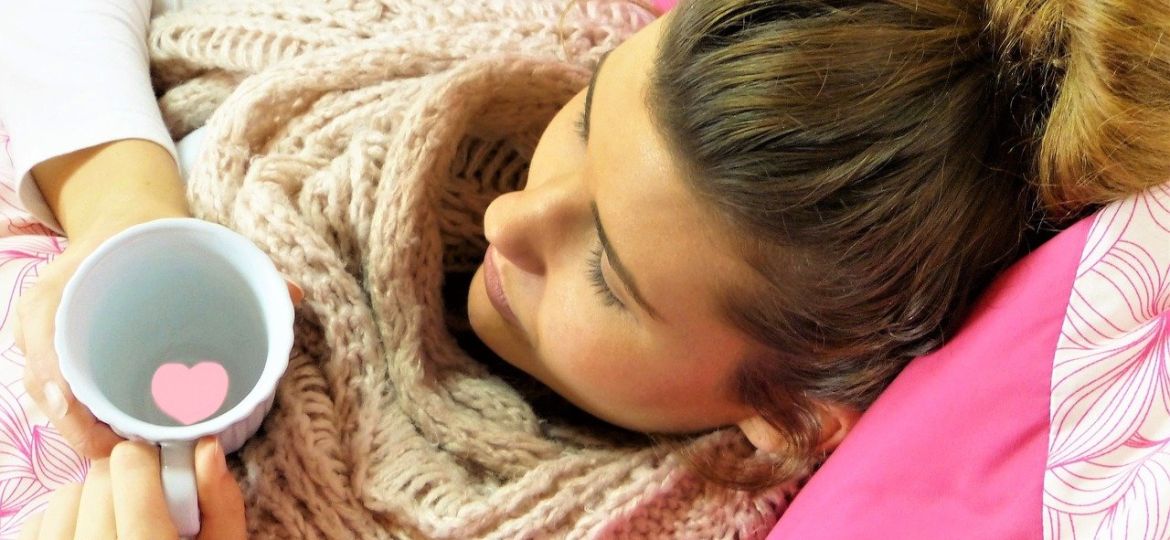
Urinary incontinence is the involuntary and uncontrollable loss of urine. It can occur both during the day and at night. It affects all ages, both men and women. Let’s find out about the many causes of urinary incontinence.
This physical disorder caused by straining is one of the most common forms in women. A loss of a small amount of urine is caused by severe pressure on the bladder during physical exertion. This can be caused by sneezing, laughing, coughing, etc. Due to a weakening of the perineal muscles, urine leakage is caused. It is not necessarily necessary to have a need to urinate for leakage to occur.
Urinary incontinence can also occur during repeated pregnancies, following a difficult delivery (assisted by a suction cup or forceps) or a complicated one (torn perineum, etc.). Also, in case of genital prolapse in women. This is caused by a weakening of the muscle that closes the bladder and that of the perineum. Urinary incontinence can occur during pregnancy. It is quite common and can increase between the 1st and 3rd trimester. In order to prevent this inconvenience, it is strongly recommended to carry out ten or so sessions six weeks after giving birth to re-educate the weakened perineum. These sessions are generally carried out with a midwife.
There is also urge incontinence. This is due to the fact that the bladder contracts without being full. This is why when it contracts it automatically triggers the need to urinate. It can also be related to another disease (e.g. urinary stones, cystitis, vaginal mycosis, polyps in the bladder, etc.).
Overactive bladder incontinence
This form of incontinence is the result of the bladder overflowing. The bladder is too full and the urine is evacuated without being controlled by the person. There are several reasons for this: the bladder muscle is weakened and therefore has difficulty contracting. This physical disorder can occur in many diseases. For example, acute cystitis or acute pyelonephritis. Bladder cancer or a narrowing of the urethra can also cause urine leakage. Conditions such as multiple sclerosis, Parkinson’s disease, paraplegia, stroke and Alzheimer’s disease can also cause urinary incontinence. The effects of radiotherapy to the pelvis can also have an impact on this physical condition.
Urinary incontinence can also occur as a result of prostate surgery or prostate cancer in men (total or partial removal of the prostate). This physical condition can occur following surgery to the pelvis or abdomen.
Urinary incontinence due to health conditions
Bladder weakness is also caused by health problems. This can be due to overweight and obesity. Regular constipation also aggravates this physical condition. If you are prone to chronic coughing, then urinary incontinence may be accentuated. Certain medications increase the risk of developing urinary problems (such as diuretics, sedatives, etc.).
Incontinence problems are accentuated by your lifestyle. If you regularly drink coffee, alcohol, tobacco, etc., this can make bladder weakness worse. If you engage in strenuous physical activity, such as sports that place frequent pressure on the perineum (e.g. weightlifting, marathon running, trampolining, etc.), this physical problem may increase.
Total urinary incontinence
This type of physical disorder manifests itself as continuous loss of urine, both during the day and at night. People with this form of incontinence have no control over their bladder. It is usually a consequence of an accident or illness that has affected the spinal cord. It may also be due to a total or partial removal of the sphincter that controls the release of urine.









